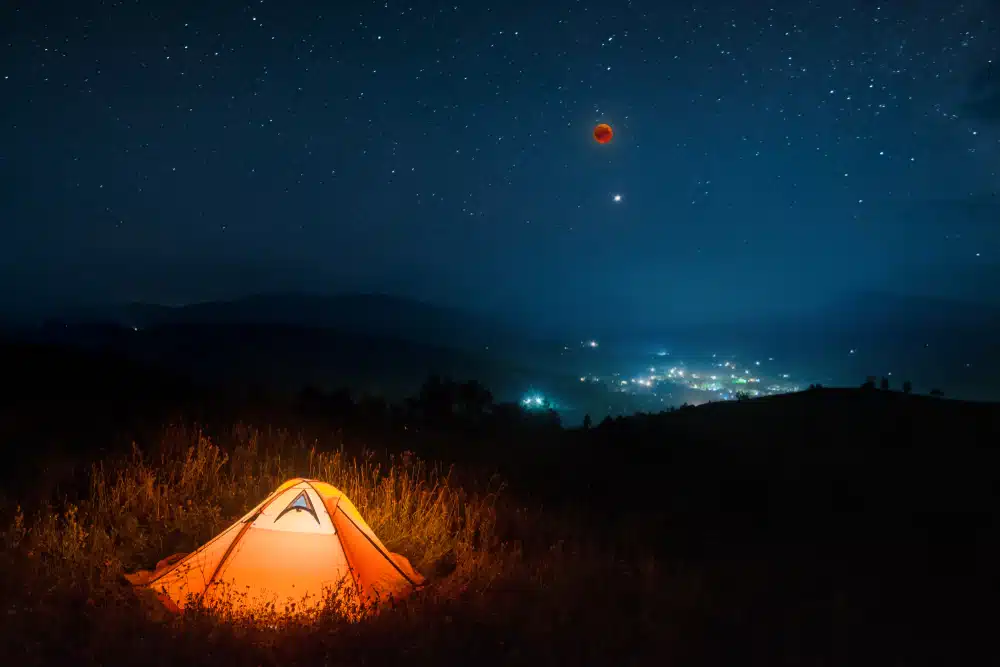As the shadow of the total solar eclipse sweeps across the United States, local economies along its path are bracing for an influx of visitors, with RVers leading the charge. This celestial event, drawing enthusiasts from across the nation, promises not just a spectacular view of the cosmos but a substantial economic windfall for the communities it touches.
Eclipse tourism, a phenomenon where travelers flock to the path of totality to witness the sun’s corona envelop the moon, is not new. However, the scale of its economic impact on small towns and rural areas is becoming increasingly significant.
With the RV Industry Association (RVIA) highlighting the affordability and convenience of RV travel for such events, local economies are set to benefit from increased spending on accommodations, dining, and entertainment.
A recent Priceline survey sheds light on the cost disparities between traditional and RV-based eclipse viewing. With average airfares to eclipse locations at $587 per person and hotel rates at $238 per night, the appeal of renting an RV, where costs can be as low as $100 per night for a vehicle that sleeps eight, becomes clear, as per the News & Insights report of the RVIA.
Even when factoring in the total cost of RV ownership and use, including gas, food, and campground fees, a recent study found that an RV vacation for a family of 4 costs an average of $350 per day, significantly less than other forms of travel.
Campgrounds and RV parks along the eclipse’s path are reporting a surge in reservations. RV rental company RVShare notes a 2,000% increase in bookings for the eclipse weekend compared to the same period last year, underscoring the event’s draw for RV enthusiasts and the potential for local economic growth.
Local businesses, from gas stations to grocery stores, restaurants, and souvenir shops, stand to gain from the influx of visitors.
Communities are responding to the opportunity by hosting special events and viewing parties, enhancing the visitor experience while further stimulating economic activity. These events, ranging from festivals to educational talks, offer unique attractions beyond the eclipse itself.
As communities along the eclipse’s path gear up for the event, the role of RV travel in facilitating this unique form of tourism becomes increasingly clear. With its combination of flexibility, affordability, and comfort, RVing not only offers an unparalleled way to experience the eclipse but also catalyzes local economic growth.
The upcoming total solar eclipse represents a significant opportunity for local economies, driven in large part by the surge in RV travel. As enthusiasts prepare to witness this celestial spectacle, the benefits extend far beyond the moment of totality, promising a lasting impact on the communities fortunate enough to lie in its path.


